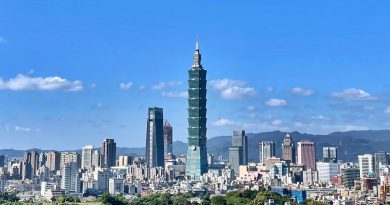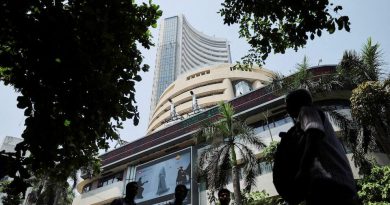U.S. blacklists five Iranian officials for impeding ‘fair’ elections
Washington (Reuters) – The United States on Thursday blacklisted five Iranian officials, accusing them of preventing free and fair elections, a day before a parliamentary vote seen as a referendum on the handling of various political and economic crises.
The U.S. Treasury Department said in a statement it imposed sanctions on the officials, members of Iran’s Guardian Council and its Elections Supervision Committee, over the council’s role in disqualifying several thousand candidates.
The Guardian Council, which must approve candidates, has rejected around 6,850 moderate or conservative hopefuls in favor of hardliners from among the 14,000 applicants seeking to contest the Feb. 21 vote. About a third of lawmakers have also been barred from standing again.
“The regime denies the Iranian people a representative Parliament by pre-deciding who is qualified to run for office,” Brian Hook, U.S. special representative for Iran, said in a news conference.
“You can’t truthfully call them elections when half of the people who want to run are disqualified by an unelected few,” he added.
Washington’s action targeted Ahmad Jannati, the secretary of the Guardian Council, Mohammad Yazdi, a member of Iran’s Guardian Council who was formerly Iran’s first judiciary chief, and three additional members of the Elections Supervisory Committee.
The sanctions freeze any U.S.-held assets of the officials and generally bar Americans from doing business with them.
Campaigning officially ended on Thursday for Iran’s parliamentary election. Supreme Leader Ayatollah Ali Khamenei has said voting is “a religious duty” but some prominent pro-reform politicians in Iran and activists abroad have called for a boycott.
“The Trump Administration will not tolerate the manipulation of elections to favor the regime’s malign agenda, and this action exposes those senior regime officials responsible for preventing the Iranian people from freely choosing their leaders,” Treasury Secretary Steven Mnuchin said in the statement.
Tensions between Washington and Tehran have spiked since Trump unilaterally withdrew in 2018 from the Iran nuclear deal struck by his predecessor, Barack Obama, and began reimposing sanctions that had been eased under the accord.
The vote to pick 290 lawmakers will have no major influence on foreign affairs or Iran’s nuclear policy, which is determined by Khamenei, whose hardline loyalists are likely to dominate the parliament.
Hook, when asked if the new parliament might have an effect on Iran’s diplomacy with the United States, said: “I doubt it, because the day after the elections, the supreme leader is still going to be in charge.”



